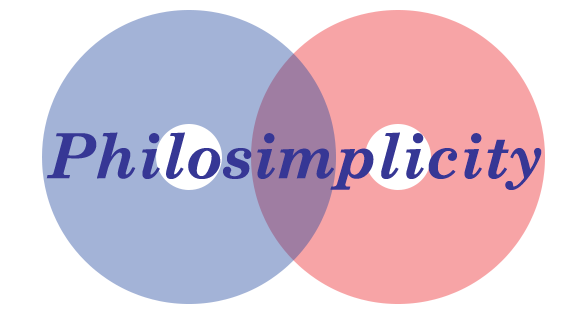Moral philosophy is nothing else but the science of what is good, and evil, in the conversation, and society of mankind. Good, and evil, are names that signify our appetites, and aversions; which in different tempers, customs, and doctrines of men, are different. – Thomas Hobbes
Morality is not the doctrine of how we may make ourselves happy, but how we may make ourselves worthy of happiness. – Immanuel Kant
The purpose of a moral philosophy is not to look delightfully strange and counterintuitive or to provide employment to bioethicists. The purpose is to guide our choices toward life, health, beauty, happiness, fun, laughter, challenge, and learning. – Eliezer Yudkowsky
As a subject matter, ethics is probably one of the only areas of philosophy that means anything to the average person. In fact, it could even be argued that ethics doesn’t belong to philosophy but to religion, law, or even under the domain of evolutionary science and neuropsychology. But the truth of the matter is that ethics is fundamental to being human. The reason why all of these fields stake a claim in ethics isn’t because of any commonalities they share, but because ethics lends itself to being viewed through multiple lenses.
The history of ethics is very broad given how old humans are, but what we’re most interested in is a topic known as moral philosophy or the study of ethics through the lens of philosophy. What this entails is not just knowledge of what is “right” or “wrong” but a thorough analysis of the purpose, intent, and meaning behind moral rules and sentiments.
Perhaps one of the earliest and often discussed concepts in moral philosophy is Socrates’ notion of the “good life.” For Socrates, the good life refers not to a life of swimming pools filled with money or fancy suits and fast cars, but to the actual status of a person’s mentality and their way of carrying themselves. Most succinctly, it’s a personal code of conduct that allows an individual to live the best life possible while living in harmony with others. Although in Socrates’ time Athens had laws and even justifications for those laws, it’s clear that Socrates’ discussion of the good life is a unique type of moral analysis not reflected in the law or religion of his day. Similarly, in some respects, moral philosophy should be seen as distinct from the laws or beliefs of any particular society.
Today, moral philosophy or ethics has come to be divided into three broad areas. These three branches of ethics are:
Metaethics. Metaethics focuses on things that are “above ethics.” It’s concerned with defining our notions of right and wrong and understanding how they come to exist. Metaethical questions can often contain both epistemological and metaphysical elements, as they’re concerned with understanding how we identify or “know” ethical concepts and their potential ontology. Analysis of metaethical concerns does not necessarily provide direct answers to ethical questions, rather it provides an understanding behind the meaning and source of ethical values. Examples of metaethical questions would include questions like: “What is the nature of goodness?” or “What do we mean when we say the law is just?”
Normative ethics. Here’s where philosophers come down from the clouds and back to Earth. Normative ethics is concerned with norms, or prescribed behaviors that stem from a common understanding of morality. Normative ethics involves deducing basic moral principles (ie: “The Golden Rule”) and eking out the behaviors and actions that are permissible by that principle in any given circumstance.
Applied ethics. If normative ethics brings moral philosophers down to earth, then applied ethics shows them raw and unfiltered. As the name implies, applied ethics is moral philosophy applied to specific issues like human rights, abortion, or war. Applied ethics is where the topic of ethics begins to blur the lines between philosophy and more “practical” fields like advocacy, business, and science.
Outside of these three areas, there are others categories that are tangentially related to ethics:
Aesthetics. Aesthetics, defined narrowly, is the philosophy of art. But more broadly it’s concerned with the nature of beauty as part of the human experience. While this topic isn’t directly related to ethics, it’s connected in the sense that like ethics aesthetics is concerned with the nature of human values. While ethics is concerned with a broader range of values than ascetics, both areas nonetheless engage with a span of ideas, like justice and beauty that appear fundamental to the human experience.
Value theory. Value theory can be hard to define but, generally speaking, it’s concerned with the nature of value. That is, it is concerned with humans’ relationship to things that are deemed to have value. The logic of value theory extends into fields like sociology or economics, where analysis is done on individual and collective behaviors and then judged according to a methodological system.
Comparative/Descriptive ethics. This is a pretty straightforward aspect of ethics centered around describing and comparing different ethical systems across various cultures. Comparative ethics isn’t really philosophy, as it doesn’t require much philosophizing, it’s more related to something like anthropology or psychology. But descriptive ethics can still be useful for a philosopher interested in understanding commonalities among various approaches to ethics.


2 Comments